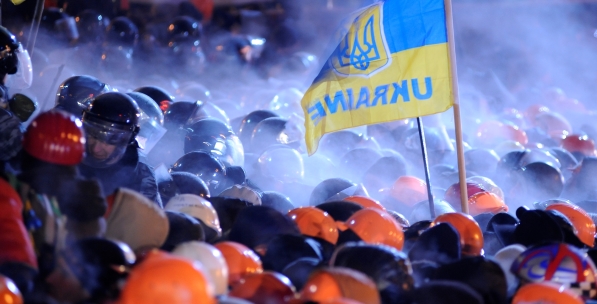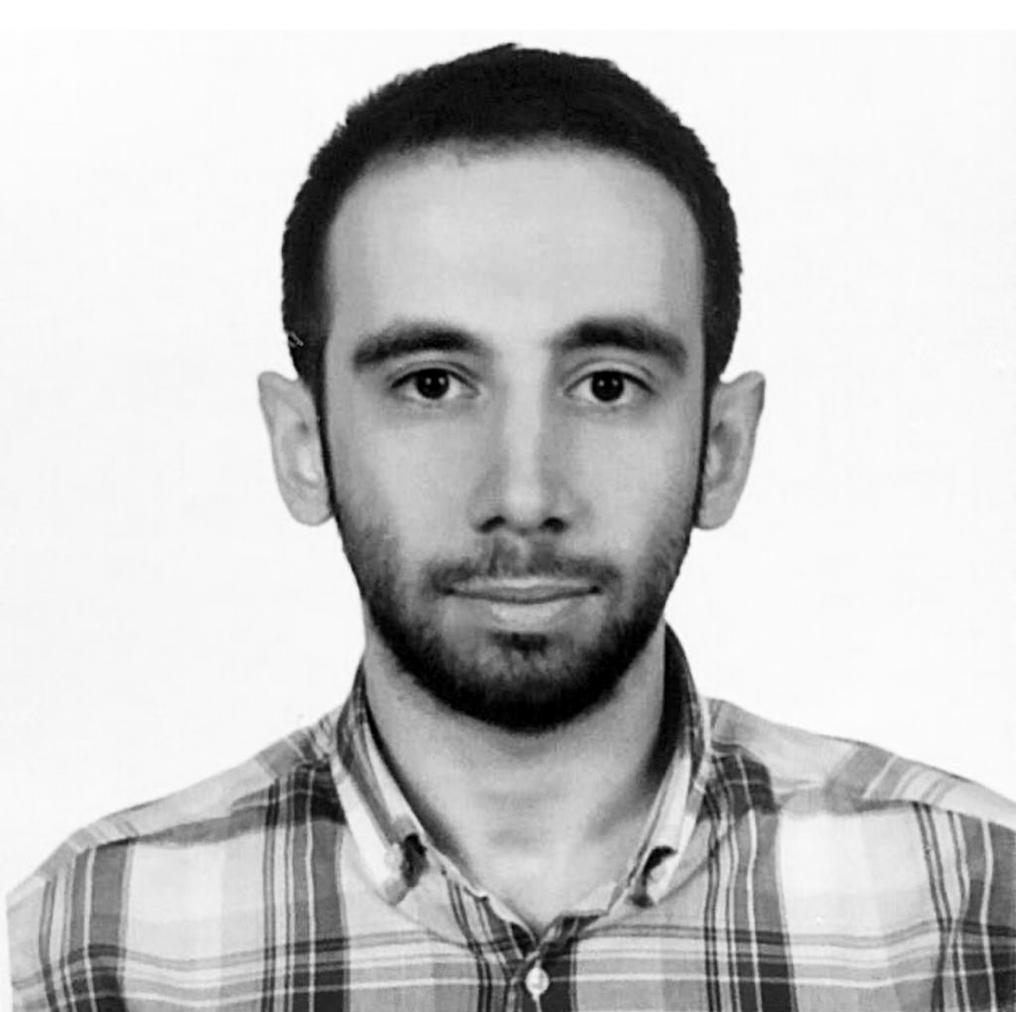Widespread protests have been taken place in Ukraine, since the President suspended to sign the Association Agreement with the EU on the21st of November. Notwithstanding harsh weather conditions and police’s disproportionate force, protesters have not surrendered yet. Although, these protests reminded of Orange Revolution, which ended up with the resignation of the then president Viktor Yanukovych, the causes of the roots of the protests are as important as their possible consequences.
Association Agreements create a framework of partnership between the EU and a non-EU country. For instance, Turkey was one of the first countries to sign this document with Ankara Agreement in 1963 and started its membership process. EU-Ukraine relations have started under the presidency of Viktor Yushchenko, who came to power upon Orange Revolution. The successor of him, though famous for being pro-Russian, Viktor Yanukovych could not undermine the demands of his constituency and continued the integration process to EU. Although certain level of progress has been made, Yanukovych declared his decision not to sign the EU Association Agreement and instead deepening the integration of Ukraine with both EU and the Russian Federation. Protests began, upon this declaration and were supported by Yuliya Timoshenko, the opposing leader, who went hunger strike from prison.
ORANGE REVOLUTION AND EU-UKRAINE RELATIONS
In 2004 presidential elections, Viktor Yanukovych faced a strong opposition led by pro-western Viktor Yushchenko. Upon the results of the second run-off of the elections, which declared Yanukovych as the winner, millions of Ukrainians joined the protests. Viktor Yushchenko was elected as President after the decision to re-run the elections that were found fraudulent. Yuliya Timoshenko, on the other hand was elected as Prime Minister in 2007 elections.
Ukraine followed a pro-EU and pro-Western path in its foreign policy after the Orange Revolution. After the 2007 elections, which made Timoshenko the Prime Minister, negotiations with the EU has started and important steps have been taken with regard to visa and economic integration. Besides, Timoshenko’s personal charisma contributed positively into the image of Ukraine in the world.
However, Yushchenko-Timoshenko rule could not satisfy the Ukrainians’ expectations after the Orange Revolution. Therefore, Yanukovych managed to address to both pro-Western and pro-Russian constituency and won the 2010 presidency elections against Yuliya Timoshenko. Consequently, Timoshenko was imprisoned upon numerous cases opened against her. The judicial process not only affected country’s internal affairs, but also created obstacles for EU-Ukrainian deal. Yanukovych’s image outside of Ukraine was deteriorated as the strongest opposition leader was put in the jail. Catherine Ashton, in one of her speeches stated that the current situation of Timoshenko affected the process of Association Agreement, while the issue was discussed in the Council of Europe as well.
YANUKOVICH AND UKRAINE’S MULTI-DIRECTIONAL FOREIGN POLICY
Politics is shaped under the effect of the West and Russia as Ukraine, historically, strategically and geographically is the bridge between Russia and Europe. Yanukovych made his first official visit to Europe and mentioned the importance of EU and NATO aims in Ukraine’s foreign policy. However, his second visit was to Russia and, interestingly enough, there he argued that Yushchenko’s attitude created atrocities between Russia and Ukraine. Yanukovych’s foreign policy path was neither similar to Kuchma era pro-Russian stance nor it was similar to Yushchenko era pro-western stance. Yanukovich, could not make progress in EU relations because of Timoshenko, while he was discredited in Russia, which openly supported him in 2004 elections.
Taking Russia into consideration, Ukraine’s dilemma can be seen more clearly. Etymologically, Ukraine is derived from the word ‘krai&


